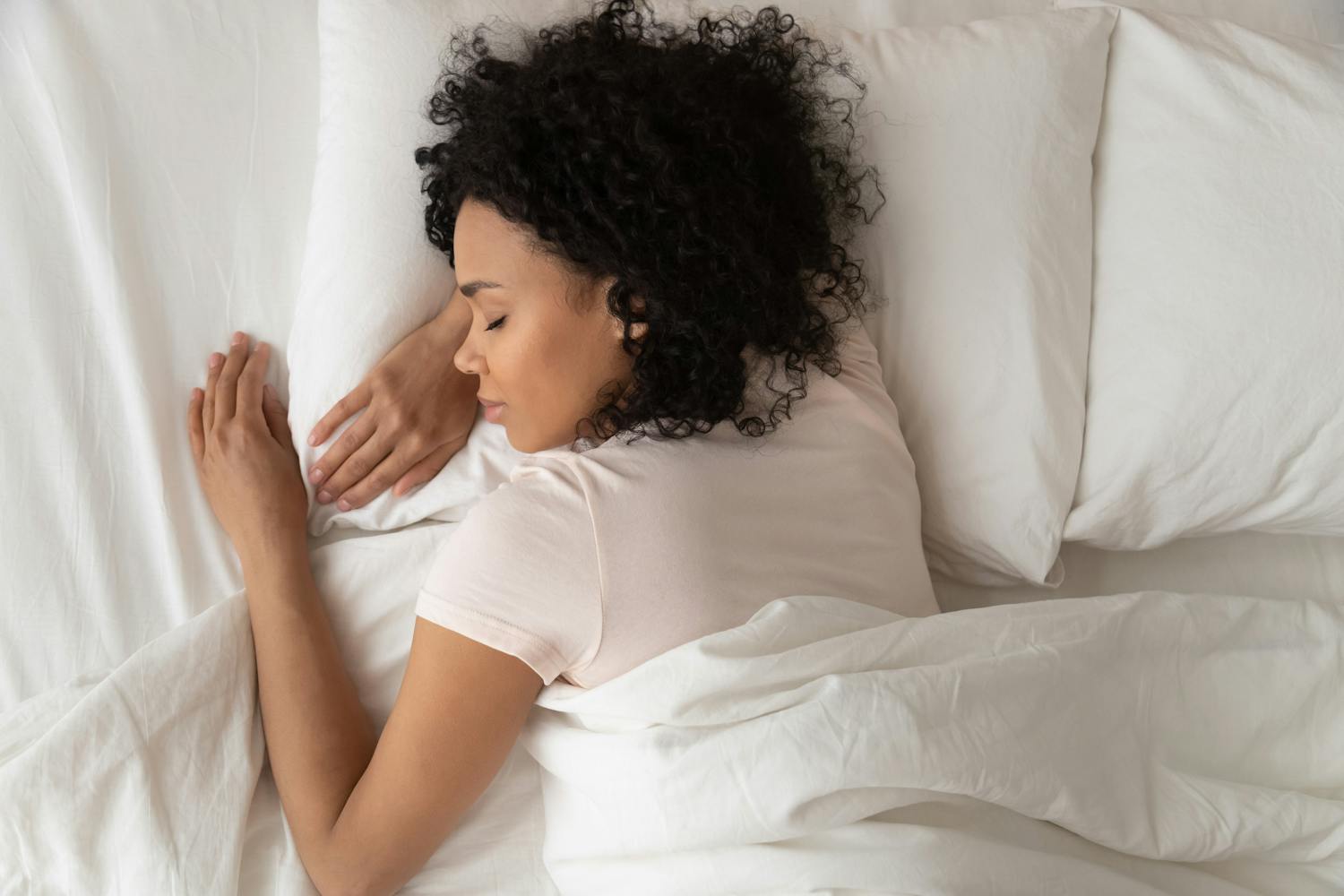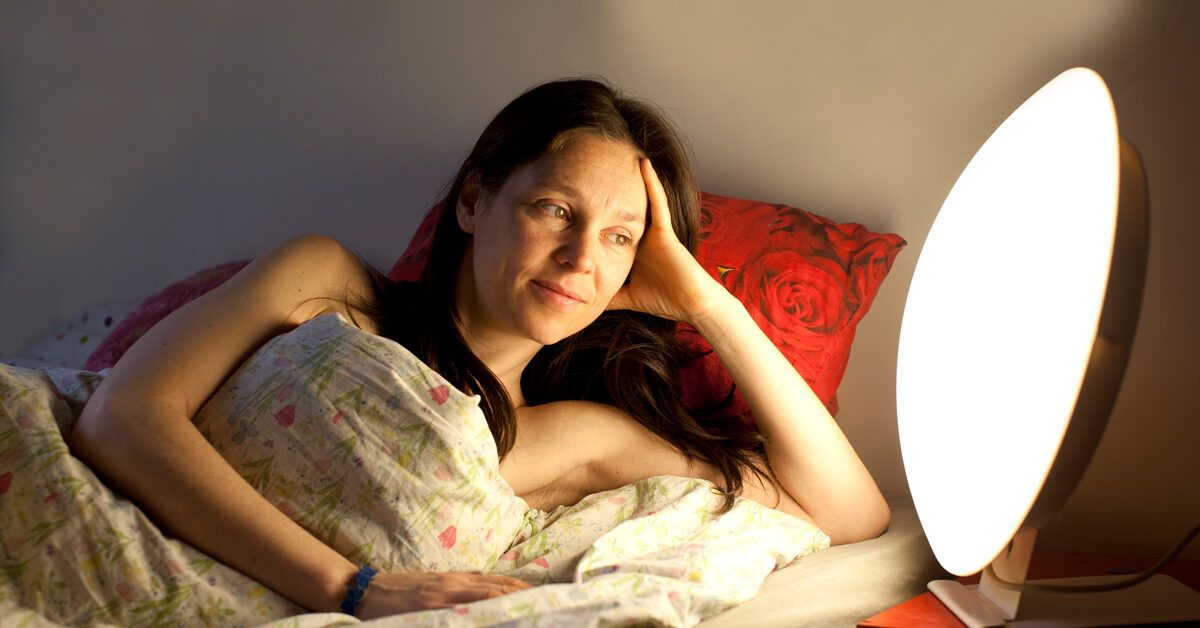Reliable Insomnia Therapy - Regain Your Restful Nights
Reliable Insomnia Therapy - Regain Your Restful Nights
Blog Article
Reliable Therapy Solutions for Taking Care Of Sleep Disorders and Enhancing Restful Rest
In the world of healthcare, the management of sleep disorders and the mission for relaxing rest are pivotal components of overall wellness. As we browse the elaborate landscape of rest conditions and seek to boost our rest experience, a deeper understanding of these therapy remedies may hold the secret to opening a more relaxing and satisfying corrective trip.
Cognitive Behavior Modification for Sleeping Disorders (CBT-I)
Cognitive Behavior Modification for Sleeping Disorders (CBT-I) is a structured, evidence-based treatment approach that concentrates on resolving the underlying variables contributing to sleep disturbances. This sort of therapy aims to customize behaviors and thoughts that worsen sleeping disorders, eventually promoting healthy rest patterns. CBT-I normally includes numerous crucial components, consisting of cognitive therapy, sleep constraint, stimulation control, and rest hygiene education and learning.
Cognitive treatment helps individuals identify and transform negative idea patterns and ideas regarding rest that might be hindering their capability to drop or stay asleep. Sleep limitation includes limiting the amount of time invested in bed to match the individual's real rest period, therefore enhancing rest performance (sleep deprivation help). Stimulation control strategies help develop a solid association between the bed and sleep by encouraging individuals to go to bed only when sleepy and to prevent engaging in boosting activities in bed
In addition, sleep hygiene education focuses on developing healthy and balanced rest routines, such as preserving a consistent rest routine, creating a relaxing bedtime regimen, and maximizing the sleep atmosphere. By resolving these factors thoroughly, CBT-I provides a reliable non-pharmacological intervention for handling sleep problems and improving general sleep high quality.
Rest Hygiene Practices
Having actually established the structure of cognitive restructuring and behavioral adjustments in resolving insomnia with Cognitive Behavioral Treatment for Sleeplessness (CBT-I), the focus now changes towards checking out vital Sleep Hygiene Practices for keeping optimum rest quality and general health.
Sleep hygiene methods encompass a variety of behaviors and environmental elements that can substantially affect one's capacity to sleep and stay asleep throughout the night. Consistent rest and wake times, developing a relaxing going to bed regimen, and optimizing the sleep environment by keeping it dark, quiet, and cool are vital components of excellent rest health. Restricting direct exposure to screens before bedtime, preventing stimulants like caffeine near to bedtime, and taking part in normal exercise throughout the day can also advertise much better rest quality.
Moreover, practicing relaxation techniques such as deep breathing exercises or reflection before bed can help soothe the mind and prepare the body for sleep. By including these rest hygiene techniques right into one's everyday regimen, people can develop a healthy and balanced sleep pattern that supports relaxed sleep and general wellness.
Leisure Techniques and Mindfulness
Carrying out leisure methods and mindfulness methods can play a critical function in promoting a sense of tranquility and advertising quality sleep. Additionally, assisted images can help transfer individuals to a peaceful place in their minds, helping in stress decrease and boosting sleep high quality.
By including these techniques into a going to bed routine, people can signal to their bodies that it is time to prepare and loosen up for sleep. Generally, incorporating leisure techniques and mindfulness practices can substantially add to handling rest disorders and boosting general sleep quality.

Medicine Options for Sleep Disorders
After discovering leisure techniques and mindfulness methods as non-pharmacological interventions for enhancing rest quality, it is vital to take into consideration medicine options for individuals with rest conditions. In instances where way of living changes and therapy do not provide sufficient alleviation, medicine can be a beneficial tool in managing rest disruptions.
Typically prescribed medicines for sleep disorders include official website benzodiazepines, non-benzodiazepine hypnotics, antidepressants, and melatonin receptor agonists. Benzodiazepines, such as diazepam, are sedatives that can aid induce rest, however they are typically suggested for short-term usage due to the danger of reliance. Non-benzodiazepine hypnotics like zolpidem are additionally made use of to treat sleeplessness and have a reduced risk of dependence contrasted to benzodiazepines. Antidepressants, such as trazodone, can be valuable for individuals with co-occurring clinical depression and rest disturbances. Melatonin receptor agonists, like ramelteon, target the body's natural sleep-wake cycle and can be handy for regulating sleep patterns.
It is critical for people to consult with a health care supplier to determine one of the most proper medication alternative based on their particular sleep problem and case history.
Light Treatment for Circadian Rhythm Law
Light therapy, additionally referred to as photo-therapy, is a non-invasive treatment technique made use of to regulate body clocks and enhance sleep-wake cycles. This therapy involves my review here direct exposure to bright light that resembles all-natural sunlight, which helps to reset the body's body clock. By subjecting people to particular wavelengths of light, typically in the morning or night relying on the preferred effect, light therapy can successfully readjust the body clock to promote wakefulness throughout the day and improve relaxing sleep in the evening.
Research has actually shown that light therapy can be especially advantageous for people with circadian rhythm disorders, such as delayed rest stage disorder or jet lag. It can likewise be valuable for those experiencing seasonal depression (SAD), a kind of depression that typically happens throughout the winter season months when natural light direct exposure is reduced. Light therapy is usually well-tolerated and can be utilized in combination with other treatment methods for rest conditions to optimize end results and enhance total sleep high quality.
Conclusion
To conclude, reliable therapy remedies for taking care of sleep disorders and improving relaxing rest consist of Cognitive Behavioral Therapy for Sleeplessness (CBT-I), rest hygiene practices, relaxation strategies and mindfulness, drug options, and light therapy for body clock policy. These methods can help individuals boost their sleep high quality and general health. It is essential to talk to a doctor to determine the most appropriate approach for addressing sleep problems.
As we navigate the detailed landscape of sleep problems and seek to boost our rest experience, chronic insomnia disorder a much deeper understanding of these treatment services may hold the trick to opening a more rejuvenating and meeting corrective trip.
Rest limitation entails restricting the amount of time invested in bed to match the person's actual sleep duration, therefore enhancing rest effectiveness. Constant rest and wake times, developing a relaxing bedtime routine, and optimizing the sleep environment by maintaining it dark, peaceful, and cool are critical parts of excellent rest health. Light therapy is generally well-tolerated and can be made use of in combination with various other therapy approaches for rest conditions to maximize results and improve total sleep top quality.

Report this page